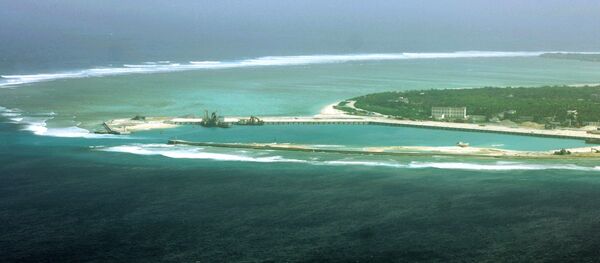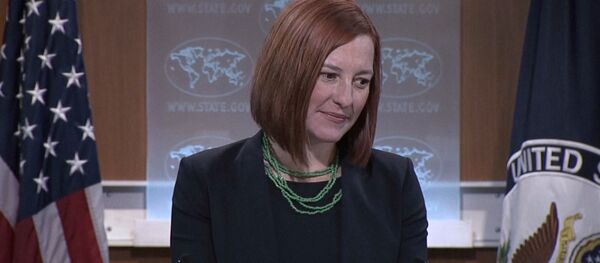The collapse in negotiations, along with a forward-looking refusal by the influential Saudi delegation to consider capping production, means a free-for-all fight for market share among the world’s oil producers that is all but certain to lead to collapsing oil prices.
Economic analysts have already raised the alarm that oil-export dependent countries like Venezuela, Algeria, and war-torn Libya, who lack access to global credit markets, will be unable to weather the storm, leading to humanitarian crises and widespread social strife.
Why is Saudi Arabia pushing for overproduction?
In February 2016, world oil prices cascaded to $27 per barrel, down from a July 2008 peak of $145 per barrel, as the Saudis ramped up oil production from a 2009 dip. In the midst of the 2008 market crash, Saudi’s top oil official, Deputy Crown Prince Mohammad bin Salman, called for the kingdom to immediately increase oil production to 11.5 million barrels of oil per day, and then to 12.5 million barrels daily by the end of 2016.
Energy market analysts initially scoffed at the aggressive move to undercut world oil prices, noting that Saudi Arabia’s own budget is dependent on a $66.70 per barrel oil price, with oil-extraction prices much higher for other OPEC countries. Market watchers predicted that Saudi Arabia would eventually push the oil alliance to cap production so as to keep prices at economically sustainable levels.
Saudi Arabia instead sought to increase market share when competitor peers were at their most vulnerable. North American oil producers, unlike Saudi Arabia, are not state-sponsored enterprises propped up by government handouts during down markets. When these US and Canadian oil resource industries fell into bankruptcy they became ripe for capture by foreign investors.
As energy analyst Marin Katusa told Radio Sputnik, Saudi Arabia has swooped into the North American energy market, through private equity firms, buying US and Canadian fracking technology and oil fields at pennies on the dollar.
Similarly, the kingdom looks to rebuff efforts by other OPEC members to expand oil market share. By pushing oil prices to their lowest level in years, the Saudis look to not only bankrupt Western oil companies, but also render insolvent entire oil producing states in order to snatch up foreign oil resources on the cheap.
Oil prices have recovered some in recent months, to $49 per barrel, due to oil disruptions in Canada after the Fort McMurray fire and oil extraction remaining offline in war-torn Syria, Iraq, and Nigeria.
Before Thursday’s OPEC meeting, Radio Sputnik sat down with Justin Dargin, Global Energy Scholar at the University of Oxford to discuss the fracturing of OPEC and the kingdom’s plans to corner oil energy markets.
Do OPEC member states face a fiscal crisis if an agreement is not reached?
"Yes, the breakeven oil price, which is the price that most OPEC member states need for their budgets to remain solvent, for most Gulf States, is between $80 and $100 per barrel, to maintain their budgetary outlays without having to go into some kind of major deficit," said Dargin. "The price currently is not viable for the long term, but I believe there is this sentiment for the OPEC members that prices may rebound in the future."
The analyst suggested that the market rebound over the past few months may be little more than an oasis for the smaller, fiscally-strapped OPEC member states, based primarily on seasonal demand changes, especially an increase in demand during the summer for air conditioning, travel, and leisure.
Dargin noted that he does not expect that market prices will recover in the near-term, citing a lack of structural changes in the market after prices collapsed to a low of $27 in February.
Can smaller OPEC member states survive these historically low prices?
"We can see already that in the case of Venezuela that they are not weathering it very well and they don’t have as much sway in OPEC as other members," said Dargin. "It will be quite hard for Venezuela and the smaller producers to encourage or force Saudi Arabia to come to an agreement."
"Many of these smaller oil producers like Venezuela and Algeria will not be able to weather the storm and it will be a very rough road ahead," he said.






